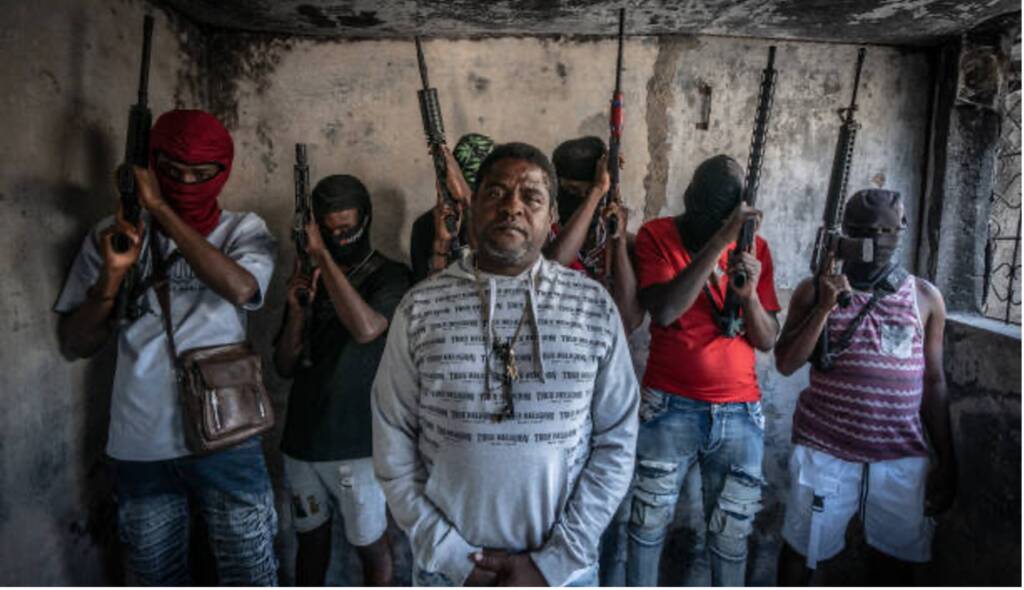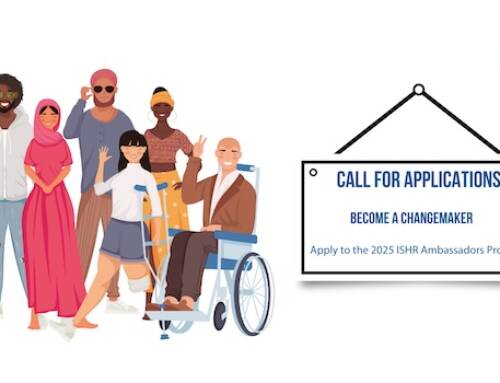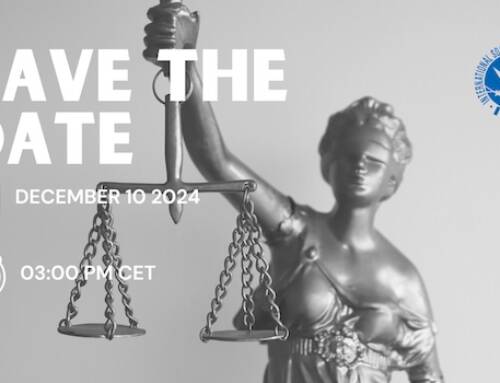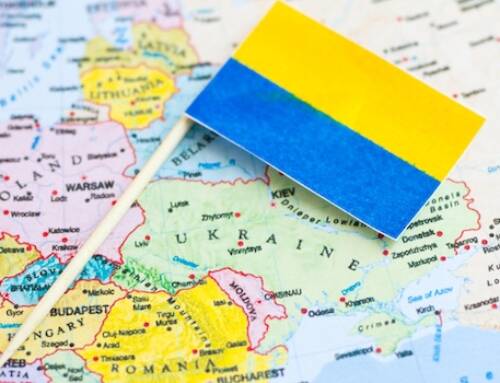Haiti

Haiti, Steeped in an Unprecedented Humanitarian Crisis
The history of one of today’s worst humanitarian crises
Since 2016, Haiti has not had presidential elections. Let’s go back to one of the main humanitarian crises, analyzing the ins and outs.
Haiti is a neighboring country to the Dominican Republic, sharing an island in the Caribbean south of Cuba. It is a geographical area strongly affected by natural disasters whose earthquakes and hurricanes regularly hit and weaken the country.

PORT-AU-PRINCE, HAITI – FEBRUARY 20: Displaced by city-wide gang violence, Haitians take shelter in the Delmas 4 Olympic Boxing Arena on February 20, 2024, in Port-au-Prince, Haiti. There has a been fresh wave of violence in Port-au-Prince where, according to UN estimates, gangs control 80% of the city. (Photo by Giles Clarke/Getty Images)
These disasters are not new, but they have affected Haiti repeatedly over the past ten years, partly explaining the catastrophic institutional and humanitarian situation in which the country currently stands. Indeed, the violent earthquake of January 12, 2010 (200,000 victims) and Hurricane Sandy of 2012 have weakened this part of the island, which saw at the same time famine and cholera appear on its territory. As a result, as set out below, massive violations of condemned human rights occurred. The situation is urgent, and the disaster is no longer “imminent” but “current”. ISHR calls on States to provide assistance so that it is “past”.
In 2021, a series of events plunged the country into the chaos that has endured until today. Indeed, President Jovenel Moïse presided over a country already subject to mass poverty, institutional failures, and the emergence of gangs before being assassinated on July 7, 2021. On August 14, an earthquake of magnitude 7.2 reduced tens of thousands of homes to dust and killed more than 2,000 people. To this was added the passage of Hurricane Grace in August 2021, which swept the country. UNICEF estimated that 1.2 million people, including 540,000 children, were affected. Following these events, a provisional government was set up to allow presidential elections to be held as soon as possible. It was in this context that Ariel Henry was placed at the head of power as transitional prime minister.
These plagues were aggravated by an explosion of human rights violations and crime by mafia organizations, materialized by numerous kidnappings, rapes, armed robberies, executions, car hijackings, etc. The civilian population is the first victim of these gangs, which base their business on racketeering and kidnapping. According to a United Nations report, nearly 2,800 murders were recorded between October 2022 and June 2023.
The situation has continued to worsen, as Antonio Guterres (Secretary General of the United Nations) stated on October 9, 2022, requiring the deployment of an international force. This was to be used to free Haiti from the grip of gangs, institutional instability, and the threat of cholera. In April 2024, and after many events, it has not yet been implemented.

PORT-AU-PRINCE, HAITI – FEBRUARY 22: Gang Leader Jimmy ‘Barbecue’ Cherizier with G-9 federation gang members in the Delmas 3 area on February 22, 2024, in Port-au-Prince, Haiti. There has been a fresh wave of violence in Port-au-Prince where, according to UN estimates, gangs control 80% of the city. (Photo by Giles Clarke/Getty Images)
However, since May 2023, it has been established that gangs control nearly 80% of the territories of Port-au-Prince, the capital. In this sad year for this nation, the UN has recorded more than 4,789 murdered and 2,490 officially kidnapped, with a homicide rate of 40.9 per 100,000 inhabitants, more than double the rate in 2022. More than 146,000 people had to travel from Port-au-Prince in 2023, and more than 40% of the population was acutely food insecure.
In March 2024, new clashes emerged in which gangs demanded the resignation of transitional Prime Minister Ariel Henry. The gang leader, Jimmy Chérizier, nicknamed “Barbecue” (Haitian Creole: Babekyou), went so far as to threaten the country with civil war:
“Either Haiti becomes a paradise for us all, or [it becomes] a hell for us all». And that the country would go «straight towards a civil war that will lead to genocide.”
The Prime Minister was forced to resign a few days later, on March 11.
Today, we deplore a catastrophic institutional, economic, and social situation conducive to repeated violations of human rights. Thousands of Haitians are trying to cross the border with the Dominican Republic to find refuge. According to the United Nations, about five million people, or almost half the population, face high levels of “food insecurity”.
However, a few weeks after Ariel Henry’s resignation, a presidential council was set up to restore Haitian democratic institutions. Despite this progress, it is urgent to provide humanitarian support to the population to allow a return to institutional stability and unconditional respect for human rights in the country.





